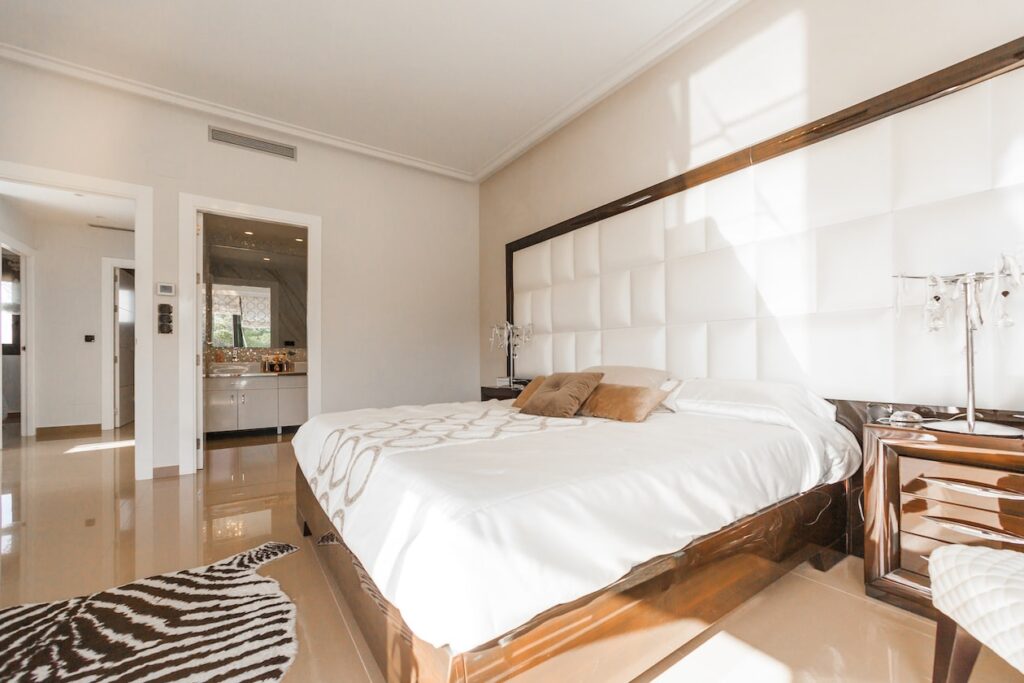Exploring the Factors Behind Hong Kong’s High Hotel Prices
Hong Kong is renowned for its beautiful skyline, vibrant culture, and exorbitant hotel prices. With the average price of a hotel room in the city hovering around $280 per night, it is no wonder that tourists and business travelers alike are often taken aback by these high prices. So, what are the factors behind Hong Kong’s high hotel prices?
The first factor is the high cost of land in Hong Kong. Renting a hotel room in the city can cost up to four times more than in other major cities due to the limited availability of land and the high demand for it. The cost of building and operating a hotel in Hong Kong is also significantly higher than in other cities due to the high cost of labor and materials.
Second, the government of Hong Kong imposes several taxes on hotels, including a 15 percent accommodation tax and a 10 percent service charge. These taxes significantly add to the cost of a hotel room in Hong Kong, making it one of the most expensive cities in the world in terms of hotel prices.
Third, hotels in Hong Kong are generally quite luxurious, with many offering five-star amenities and services. This luxury comes at a premium price and helps to drive up the cost of hotels in the city.
Finally, the increasing popularity of Hong Kong as a tourist destination has meant that demand for hotel rooms has outstripped supply. This has led to increased competition among hotels, which has in turn driven up the cost of hotel rooms.
In summary, the factors behind Hong Kong’s high hotel prices include the high cost of land, taxes imposed by the government, luxury amenities, and increased demand. While these high prices may deter some travelers, those who are willing to pay the price will be rewarded with an unforgettable experience.
How Location, Demand, and Supply Impact Prices in Hong Kong Hotels

In Hong Kong, a variety of factors can influence the prices of hotels, including location, supply and demand. Location can have a substantial impact on the price of hotels in Hong Kong, as some locations are more desirable than others. Hotels located in close proximity to popular attractions and transport networks tend to have higher prices than those located further away.
Demand for hotels in Hong Kong can also affect prices. During peak seasons, such as the summer months, or around public holidays, demand for hotels can be particularly high, leading to an increase in prices. Conversely, during periods of low demand, prices can be significantly reduced as hotels compete to attract guests.
The supply of hotels in Hong Kong can also influence prices. Areas with higher concentrations of hotels tend to have more competitive prices than those with fewer options. This is due to the presence of competition, which encourages hotels to keep their prices low in order to remain competitive. Additionally, if there is a large number of hotels in one area, it is more likely that some will have vacancies, which can also result in reduced prices.
Overall, the prices of hotels in Hong Kong are determined by a variety of factors, including location, demand, and supply. By considering these factors, travellers can find the best deals and make the most of their stay in Hong Kong.
Examining the Economic Factors that Drive Up Hong Kong Hotel Costs
Hong Kong is one of the most expensive cities in the world for hotel accommodation, but what drives up the costs of hotels in this city? This article will explore the economic factors that contribute to the high costs of hotel stays in Hong Kong.
First, Hong Kong is a densely populated city with limited space. This means that the cost of land is extremely high, and hotels must pay a premium in order to secure desirable locations. The competition for available land drives up the cost of doing business and makes it more expensive for hotels to operate.
Second, Hong Kong is an attractive destination for both business and leisure travelers. This means that the demand for hotel rooms is high, and hotels can charge more for their services. The combination of high demand and limited space makes it difficult for hotels to lower their prices, as they would be unable to fill their rooms if they did so.
Third, the cost of labor in Hong Kong is also a factor. The minimum wage in Hong Kong is higher than in many other cities, which means that hotels must pay more to their staff. This increases their operating costs and contributes to their overall prices.
Finally, government taxes and fees also contribute to the high cost of hotel stays in Hong Kong. The government imposes a number of taxes and fees on businesses, and hotels must pay these in order to operate in the city. These taxes and fees add to the cost of running a hotel, which is then passed on to customers in the form of higher prices.
Overall, the economic factors that contribute to the high costs of hotel stays in Hong Kong include the limited availability of land, high demand for hotel rooms, the cost of labor, and government taxes and fees. These factors combine to make Hong Kong one of the most expensive cities in the world for hotel accommodation.




